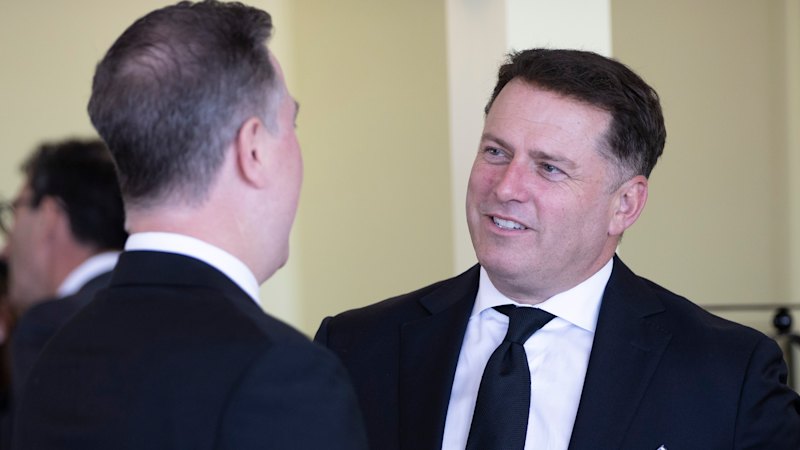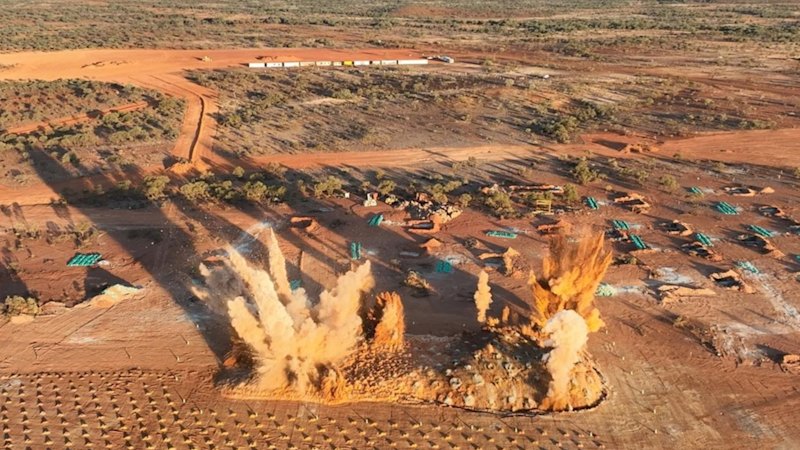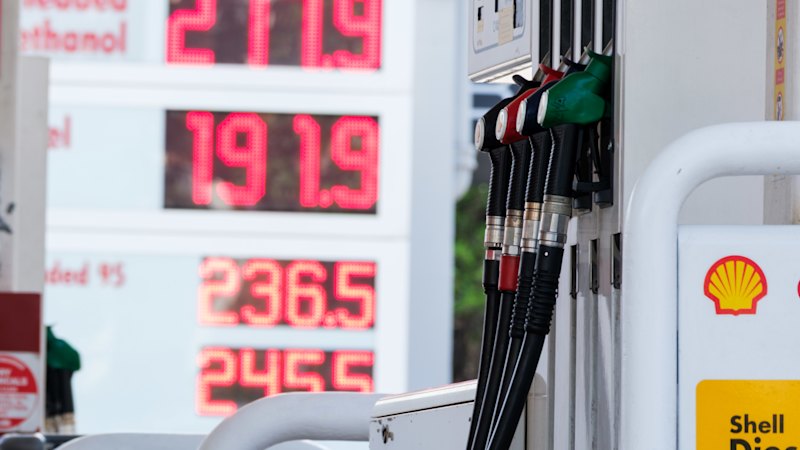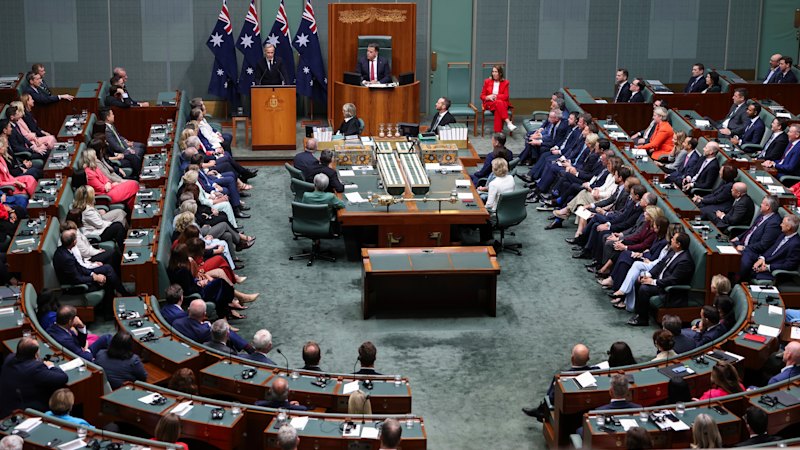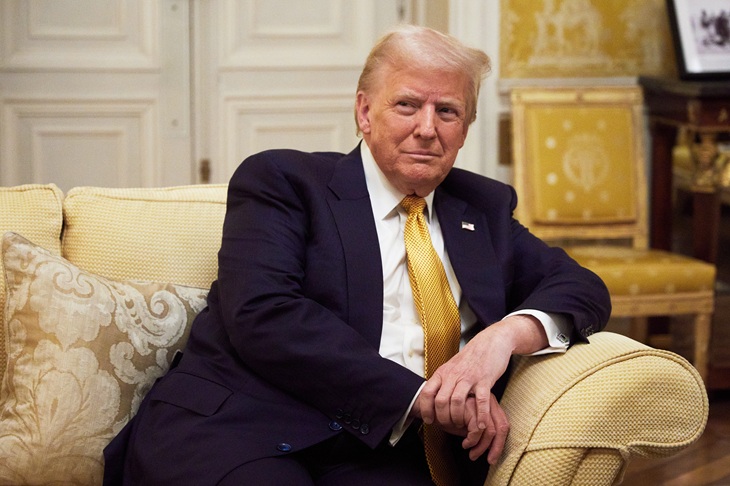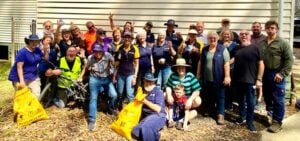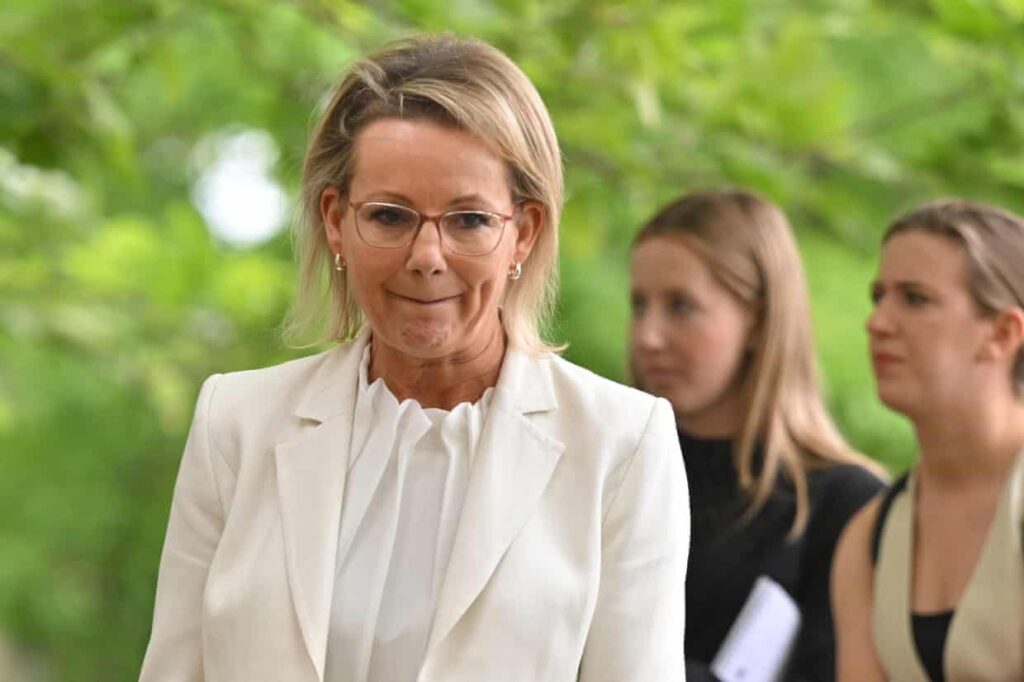
The Australian Liberal Party is grappling with significant leadership turmoil, marked by three leadership changes in just two weeks. Federal opposition leader Sussan Ley is under intense scrutiny as the parliamentary year draws to a close, while Victoria’s Liberal leader, Brad Battin, was recently ousted in a party room reshuffle. In New South Wales, Mark Speakman is facing increased pressure, with speculation surrounding his position.
Battin’s departure has led to the appointment of first-term MP Jess Wilson, who takes the helm ahead of a state election, where Labor’s Jacinta Allan will face her initial major test against voters. Although Liberal members in Canberra assert that Ley’s leadership is not immediately threatened, her future beyond the summer break remains uncertain. Speakman could also face challenges as early as Thursday.
The recent upheaval in leadership follows a period of electoral losses for the Coalition, particularly against the Labor Party. Anthony Albanese secured a substantial victory over Peter Dutton, while Chris Minns successfully displaced the previous Perrottet government in New South Wales in March 2023.
In Victoria, Battin struggled to unify a deeply fractured party over the past year. His focus on crime issues did not resonate with voters, and despite taking over from John Pesutto shortly before Christmas, he could not mend the internal divisions stemming from the Moira Deeming controversy. Initially perceived as a strategic move, Allan’s leadership transition two years ago has instead bolstered Labor’s confidence in securing a fourth consecutive term.
The Liberal Party’s brand appears to be declining in popularity across Australia, particularly in Victoria and New South Wales. Issues surrounding climate change, gender equality, and cultural debates contribute to a perception that the party belongs to a bygone era. A recent poll published in the Australian Financial Review indicated that the Coalition’s primary vote has plummeted to a historic low of 24%. The forthcoming Newspoll next Monday could further jeopardize Ley’s position.
Similar patterns are emerging in South Australia, where Vincent Tarzia faces significant polling challenges. Labor governments at both federal and state levels have gained traction by fulfilling political promises and addressing pressing voter concerns, particularly regarding the cost of living.
Wilson has garnered attention for her commitment to shifting the party’s focus towards critical issues like housing, public debt, and living expenses. At just 35 years of age, she represents a fresh perspective against an increasingly fatigued Labor government and has vowed to engage more effectively with Allan.
Despite these changes, foundational challenges persist for the Liberal Party and the Coalition at large. Their traditional support base is aging or is increasingly drawn to teal independents and even Labor, often due to policy disagreements and perceived dysfunction regarding contemporary issues such as climate change. Additionally, the party’s organizational structures appear outdated and in dire need of reform.
To address these challenges, Ley has enlisted the help of seasoned party strategist and Queensland senator James McGrath to conduct a comprehensive review of the party’s divisions and membership processes. As the adage suggests, political parties that cannot govern themselves struggle to govern effectively. This is a lesson that Ley and her colleagues must heed as they navigate this critical juncture.
